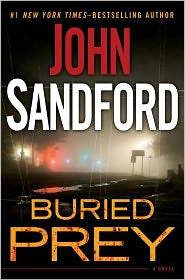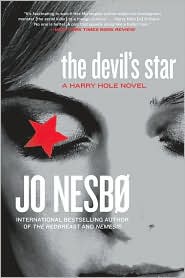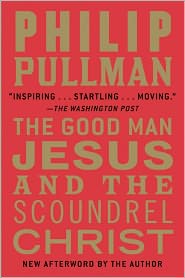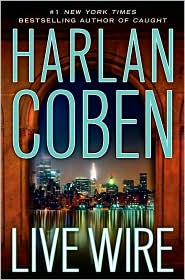
“Say it simple, stupid”; this could definitely be the message that the author is trying to convey to the reader; or rather to the other writers. If there’s a canon in Yoshimoto’s writing that’s simplicity. She just tells a story and she tells it briefly and beautifully; her words flow like a quiet spring stream. With the exception of Amrita all her books are small in size, but full of meaning. By using a few words and characters that have much in common, book after book, she seems to be writing time and again the same story, but that’s not really the case. The author is mostly interested in the lives of people, in their psyches, and she’s not trying to win the reader over with the plot, but with the words and actions and maybe, every now and then, just the thoughts of the protagonists.
The Lake tells the story of an, in a way, unconventional love affair. Two lonely young people exchange glances and waves from a distance and just wonder what meeting each other would be like. Chichiro, is desperately trying to get over the death of her mother, which casts a heavy shadow over her whole being, while Nakajima seems to be struggling hard just to go on living. Everyday life may seem like a burden to them, but what they lack in joy they have in talent and in brains. The woman is a very talented and inspired mural painter, while the man is highly intelligent and hopes one day to make a name in the field of nanotechnology. Sooner or later they are going to meet, and little by little everything will start to change for them, as the one will come to find in the face of the other, in an almost whispered way, the perfect companion. Through their deeds and their many discussions we’ll come to discover some hidden aspects of their inner lives, and also have the chance to take a good look at the modern day Japanese society; a society where time is money and everything can be sold and bought, a society of plenty; just before the economic crash brought things upside down, that is.
Being together though doesn’t mean that their problems are magically solved. As Nakajima is trying to move forward with his plans, while at the same time harboring thoughts of death, Chichiro is still working with her psychological issues. Time and again she thinks about her dead mother and her estranged father; “I guess my mom was all he had – the one flower that smelled like freedom”, she says, to add later on, addressing directly her mother: “…you were like a blossom softly unfurling its petals on a cliff somewhere”.
The two young people, even though they now have someone to lean on, continue nevertheless to feel kind of lonely; subconsciously they are still kept grounded by the chains of yesteryear. They both know that they have to do all they can to escape their demons; but what? He actually knows what he has to do, but he needs her help to do it; a help that she’s more than happy to provide. So they set out on a trip to the country, to visit a house, or rather a hut by a lake, where two young people, a brother and a sister reside. Being there with him, meeting these strange people, Mino and Chii, feels like a surreal experience to her, as for the first time, she comes to learn something very important about Nakajima’s past. He, on the other hand, having finally done what he always wanted and needed to do, now feels free to go on living, as if all his burdens have been lifted. From that day onwards their common life will change for the better; a kind of serenity will settle in between them and they’ll start to confide to each other everything, discuss matters more openly, share their big musts and must not’s, and at last start loving each other for who they really are. “This is what it means to be loved… when someone wants to touch you, to be tender…” Chichiro says, even though she doesn’t hesitate to admit that at the time, “what I felt for him wasn’t exactly love, it was closer to a sense of surprise, even shock”. Of course that was only because he had “the intensity of a person unafraid of death, at the end of his rope”.
This finely crafted tale talks in a straightforward way about a person’s need for love and companionship; but also about loneliness, which can be turned into a noose and choke the will to live out of everybody. This book can be read, and excuse me for the metaphor, like a ballad; a ballad about the complexity and simplicity of the everyday life, and of the young souls. I dare say that this is one of the best novels, by one of the best writers that ever came out of Japan.






